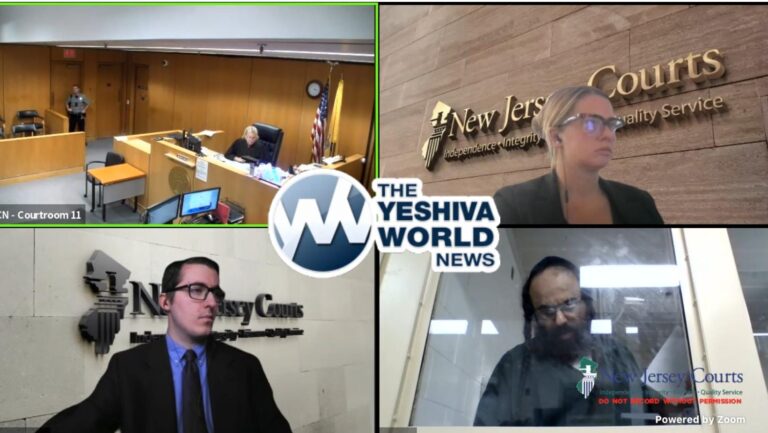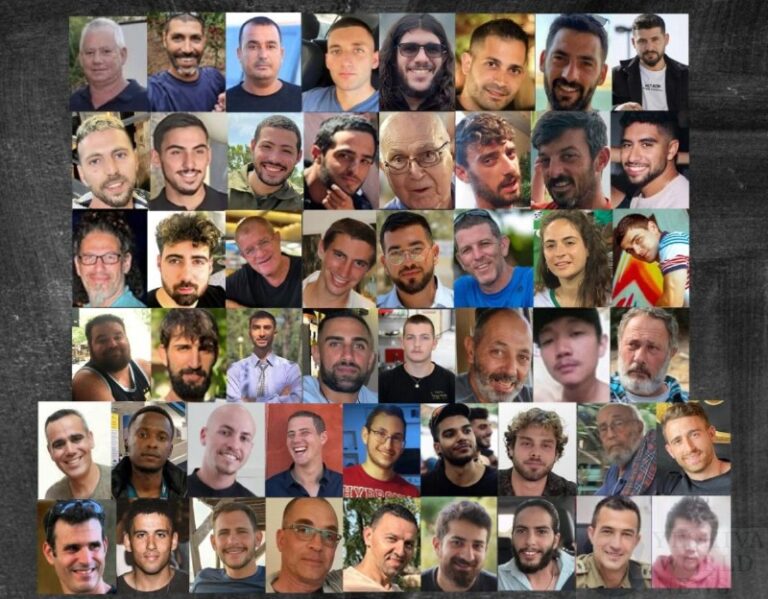 (Reviewed by Rebbetzin S.E. Falk)
(Reviewed by Rebbetzin S.E. Falk)
WARNING! LIFE CHANGING CONTENTS WITHIN. May cause alertness, alacrity, zeal, focus and efficient use of time. May halt periods of delay and disorganization, interrupt reveries and aimless pastimes and shorten irresponsible conversations. DO NOT TAKE INTERNALLY unless you are prepared to question your motives, re-evaluate your goals and meet up with your worst and best self. CAUTION, LASTING EFFECTS –may significantly lower tolerance to procrastination, petulance, prevarication and parsimony; may permanently induce introspection, considered thought and speech, kindness patience and concentration.
“Grow!” is a stimulating, collection of inspirational stories and practical guidance for personal growth taken from the words and deeds of our gedolei hamussar and given an upbeat contemporary perspective by Rebbettzin S. Feldbrand, an expert in this field. The book begins the journey toward positive change by answering a simple, but powerful question in a most unexpected way. It asks what is one of the most important factors in the growth of the human personality. Surprisingly, the answer is z’rezus, alacrity. It thus attacks the problem of stagnation at its source, confronting the trait of laziness and revealing the insidious role it plays in the entropy [ inevitable decline and degeneration] of the soul/ or demoralization and desensitization of the psyche. In the words of the author, “With our short lifespan, time is precious, and making the wisest use of our time in this world should be a high priority. Every mitzvah is a diamond, and as we pass through this world, we must actively seek them out to collect as many as we can. A person must serve Hashem with alacrity and seize countless good deeds. Maalos Ha’midddos Middah 20.”
Once we have gotten an appreciation for the value of living life in the “fast lane” –but not so fast as to forgo deliberative consideration of our conduct –we are guided towards the creation of a personal formula for growth that buttresses our strengths and diminishes our weaknesses. The gedolei hamussar teach that we are not to be concerned about the opinions of others, but must “serve Hashem with courage and assurance,” making every effort to get to know ourselves. In that regard we are encouraged to identify those “middos [character traits] that drive our actions.” Recognizing that a “person can find it very hard to see anything wrong in himself,” Rebbetzin Feldbrand explains: “Beginnings are the root of everything. So try looking back as far as you can. “What are you afraid of? What is easy for you? What do you avoid doing?” These questions enable us to know ourselves. You will come to understand how your past experiences affect the way you are today, and to better know your inner self.”
Well fortified with an understanding of how to encourage and promote our best selves, we are prepared to meet our dark side. And so we are introduced to the yetzer hara master of disguise and deception. Unmasking him or her is crucial to our continued growth and so we are given many clues to its modus operandi and many important suggestions as to how to withstand its enticements. As Rebbetzin Feldbrand relates, “Life has been compared to walking up a down escalator. If one doesn’t resolutely head upward, then one will inevitably move downward. Visualize Yaakov’s ladder with its foot on the ground and its head inclined heavenward. Each time you stand up to your yetzer hara, you climb up a rung. Each time you give into its blandishments, you retreat down a rung. (Zachor Le’Miriam, Chapter 13).”
There is one crucial test of our success in achieving personal growth. We take this exam every waking hour of every day. It is not merely perfunctory and it is not graded on a pass-fail basis. It affords the most precise and accurate assessment of the state of the battle between the yetzer tov and the yetzer hara. It comprises the overwhelming majority of the al chet [list of sinful conduct] that we recite during the ten days of repentance. It is also the greatest gift the Creator has given to any of His creatures. It is the gift of speech.
In the concluding chapters of “Grow,” Rebbitzen Feldbrand provides crucial guidance for those who want to insure that their speech brings them closer to Hashem and to G-dly ways. Hand in hand with this comes the art of judging our fellows favorably, which so much determines the judgment we receive at the hands of Heaven, as Rebbitzen Feldbrand explains: “The way in which Hashem judges man is reflective of the way in which the individual acts towards his fellow. Our input plays a major role in the verdict of the Heavenly Court (Bris Avrohom). When we are being judged above, Hashem shows us a friend conducting himself in a similar manner and waits for our evaluation. If we are disapproving and denounce him, then we in turn are condemned; if we are forgiving and judge him favorably, we are also declared guiltless. (Pri Chayim 37).
If you have decided to proceed notwithstanding our warnings, we commend you to joyful growth. Other books worthy of your considered attention by Rebbitzen Feldbrand:
Towards Meaningful Prayer I & II
From Sarah to Sarah
In Search of Rabbi Levi Yitzchak
Middos
Simcha
Teshuvah
Click HERE to purchase this book.










